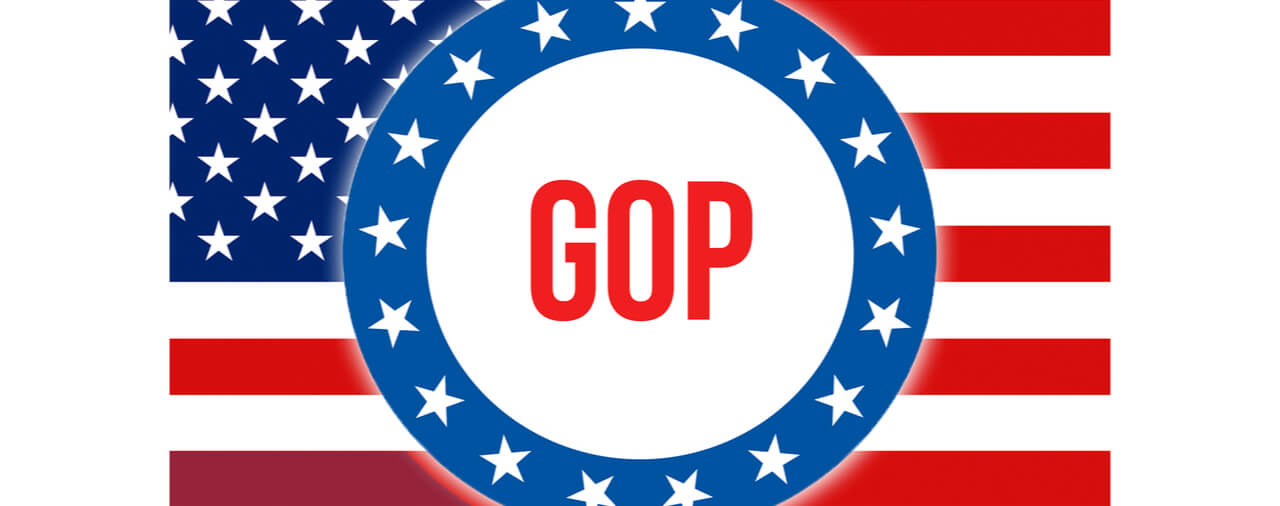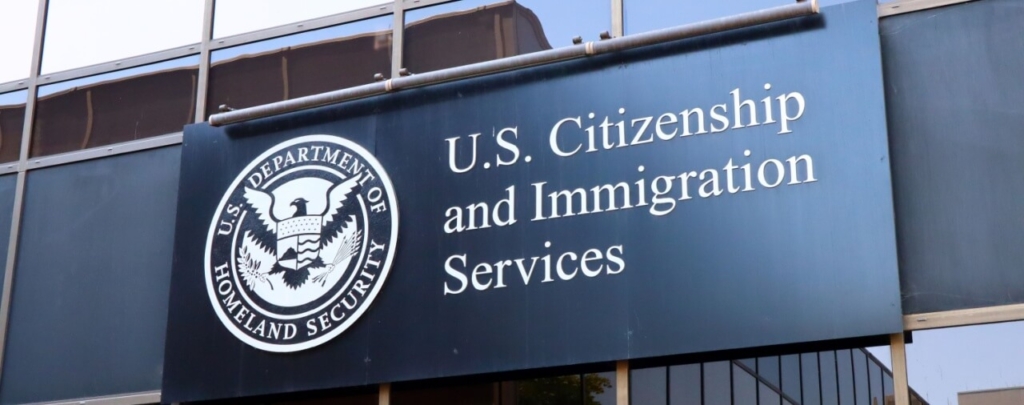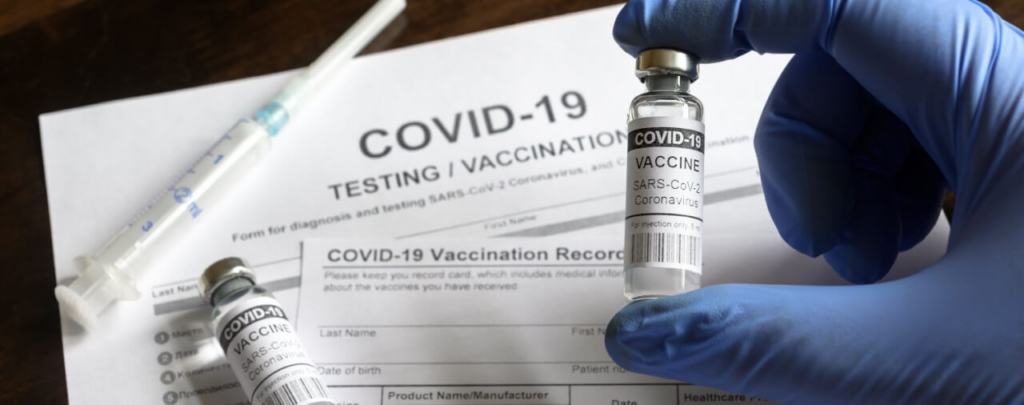With Super Tuesday in the books, 15 contests in the Republican Presidential Primaries have now been completed. In this post, I will discuss what has happened since I last wrote about the Republican nomination contest, what comes next, and the imperative of stopping Donald Trump from becoming the nominee [read about Trump’s support for amnesty].
What Happened Since I Last Posted?
I last posted about the state of the Republican Presidential Primary after the New Hampshire Primary in early February [see Iowa and New Hampshire]. Since then, Trump won decisive victories in South Carolina and Nevada, with Marco Rubio and Ted Cruz finishing in second and third respectively in both instances. Furthermore, Trumps swept all 50 delegates available in South Carolina to open up a clear lead in the race. After a poor performance in South Carolina, Jeb Bush abandoned his campaign.
In the debate immediately preceding the Super Tuesday contests, Rubio and Cruz attacked Trump in a seemingly coordinated effort to stymie the momentum he had gained from his three consecutive victories in New Hampshire, South Carolina, and Nevada. Rubio played Trump’s own game with a smile, mocking him while exposing his lack of policy acumen and his shady personal dealings. Meanwhile, Cruz subjected Trump to a proverbial cross-examination, revealing for all to see that Trump is no conservative, but an opportunistic liberal masquerading as one in a self-induglent vanity-trip that threatens to damage the country. Rubio and Cruz continued to focus their fire on Trump rather than each other in the days leading up to Super Tuesday hoping to deny him a set of victories that would put the race out of reach.
Where do We Stand?
For those of us hoping to see a qualified Republican lead the party into November as opposed to an unqualified liberal showman, the situation looks bleak, but not yet catastrophic.
On one hand, if I was told months ago that Trump would win seven out of eleven contests on Super Tuesday and ten out of the fifteen overall, I would have been gravely disappointed. Sure enough, there is no denying at this point that Trump is the clear front-runner for the nomination. However, we can take good news from Super Tuesday: the race is far from over.
The Delegate Count: As of the writing of this article, 538 projects that Trump won 254 delegates on Super Tuesday while Cruz won 217 and Rubio won 97.1 Despite Trump winning the majority of the states, Cruz’s delegate totals were bolstered by a sweeping victory in his home state of Texas, which happened to be the largest delegate prize of the night and second largest behind California overall. Because delegates were allocated proportionally in all of the Super Tuesday states, Trump’s delegate totals were deflated even in the states that he won. While Trump has a sizable lead over Cruz, and a larger one over Rubio, he has thus far only won about 46% of the available delegates and just over a third of all of the votes cast so far. Front-runner yes, but inevitable no.
Upward Resistance: It is safe to say that Trump has more of a floor for his support than a ceiling. I am certainly concerned that his support could grow beyond what we have seen thus far if Republican voters begin to see him as “inevitable.” However, thus far, Trump has generally done poorly with so-called “late deciders,” and has only managed to eclipse 40% of the vote in three of the fifteen states that have voted (Nevada, Alabama, and Massachusetts). While it is far from inconceivable that Trump could win the nomination at this level of support, his middling vote totals are also a sign that Trump could be defeated one-on-one if the race consolidates in time. It is also possible in a larger race that his delegate totals will continue to be suppressed, ultimately forcing a brokered convention with Trump having a plurality of delegates short of the 50% needed to secure the nomination on the first ballot.
Good and Bad for Marco Rubio: Marco Rubio is now my preferred choice of the four remaining candidates in the field (note: Ben Carson appears to have ended his quixotic bid). Rubio inarguably had a disappointing night on Super Tuesday, missing the delegate threshold in multiple states (namely Texas) and finding himself well behind Ted Cruz in second, much less Trump in first. However, Rubio-backers can take small positives from the evening. Rubio nearly pulled off an upset in Virginia — and likely would have if not for John Kasich‘s presence in the race — showing strength in a key state. More importantly, Rubio secured his first win in Minnesota, preempting the narrative that he cannot win any states. However, Rubio’s true test will occur on March 15 in his home state of Florida, where a victory will be necessary to preserve a plausible path to the nomination.
The Imperative of Stopping Trump
Trump’s large core of support in the Republican Party poses an existential threat to the GOP’s viability as a Party that can advance conservative ideas and good governance. While the majority of Republicans in every state thus far have voted for other candidates, we must move quickly to prevent Trump from garnering support that he does not already have in his pocket [read my explanation of Trump’s support]. To this effect, it has been heartening to see Rubio and Cruz prosecute the case against Trump with urgency, and I look forward to seeing them continue to do so with conviction as long as they are both in the race. We can only hope that John Kasich can be convinced to join them as well, for he will need to defeat Trump in Ohio in two weeks just as much as Rubio will need to do so in Florida.
One of the most vocal opponents of Trump has been the conservative junior Senator from Nebraska, Ben Sasse. Since his election to the Senate in 2014, Sasse has been a strong conservative in the Senate, and has been working hard in the last couple of months to make the case against Trump in conjunction with Rubio and Cruz. To that effect, in an open letter to Trump supporters [see letter], Senator Sasse became the first elected Republican of his stature to state unequivocally that he would not support Trump in a general election. Rather than support Clinton, however, Sasse would, as I would, look for a conservative alternative who represents the ideals of conservatives of good will across the United States. The letter is well worth reading, even for those who do not need to be convinced. I will recap a few of the most interesting points here:
Political parties are “tools to enact the things that we believe.” If a political party is no longer committed to enacting those things, one should not support it.
Donald Trump is not committed to defending the United States Constitution. He has made a litany of disturbing statements that indicate he has no conception of executive restraint or that he “understands servant leadership.”
Accordingly, as bad as Clinton may be, he cannot support Donald Trump. Instead, the only choice in the event of a Trump nomination is to look for a “Constitutionalist” who understands the importance of the Constitution and the proper role of the executive in its framework.
It is important for Republicans to follow Senator Sasse’s example and make clear that a man like Donald Trump is unfit to be President. He is both unqualified by his temperament, disturbing statements, and ignorance, and he is not running to defend the things that make America great (to use his own term). By keeping the Trump opposition unified — be it behind one candidate or multiple candidates — there is still hope for stopping Trump and nominating a principled conservative to run against Hillary Clinton, thus preserving the Republican Party as an entity that can advance the causes that conservatives care about.





